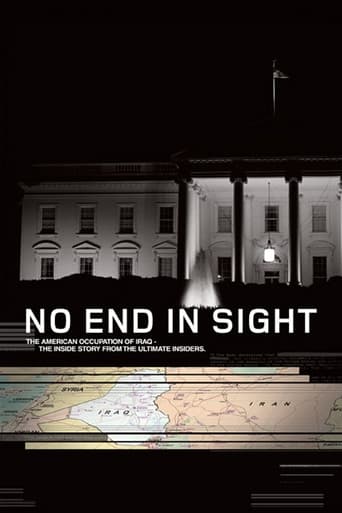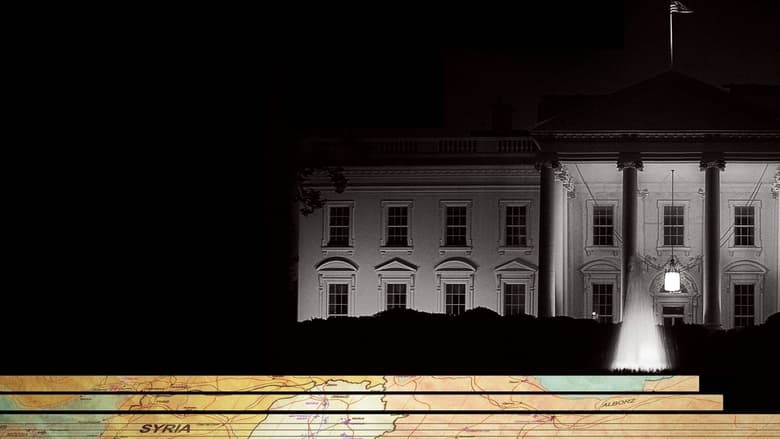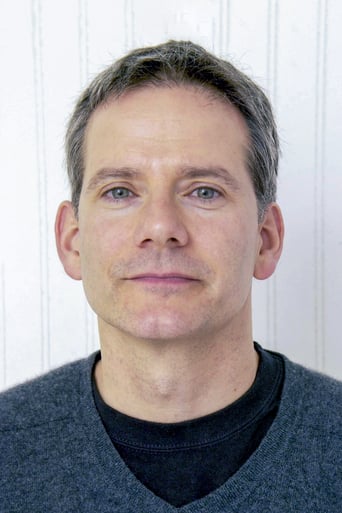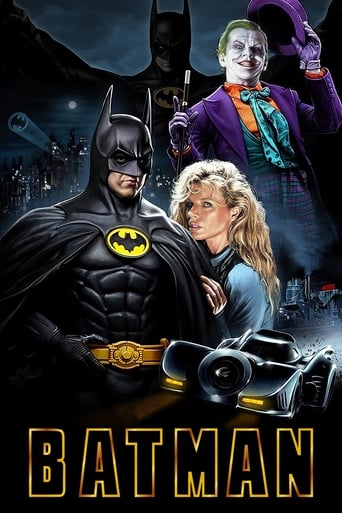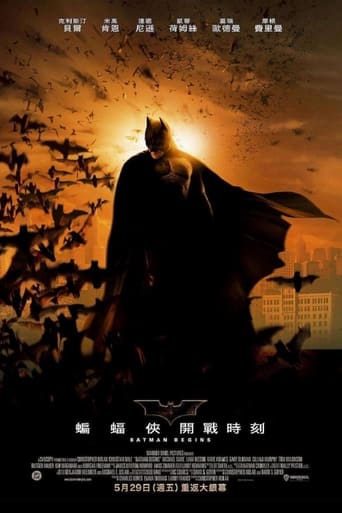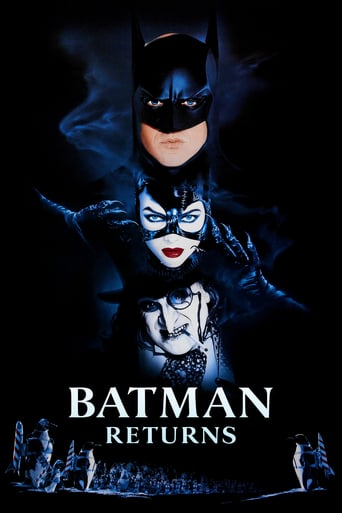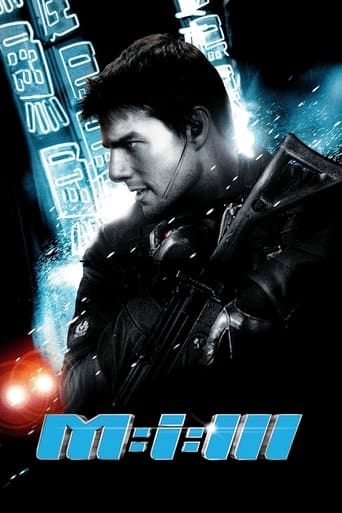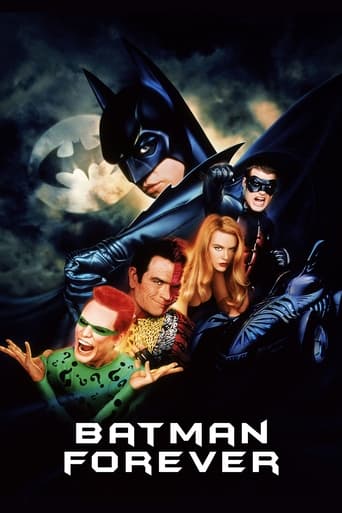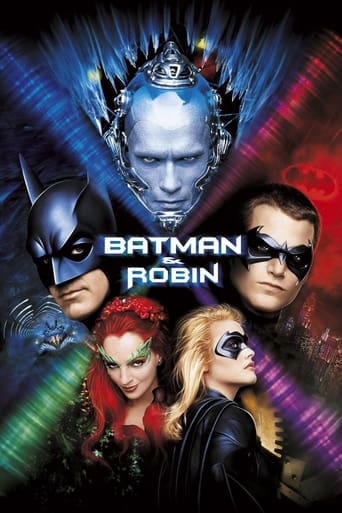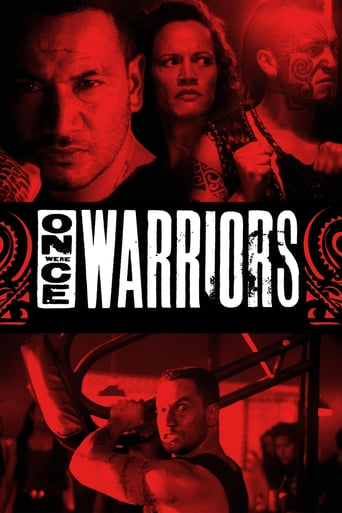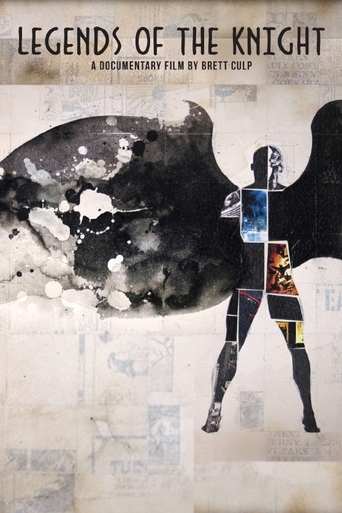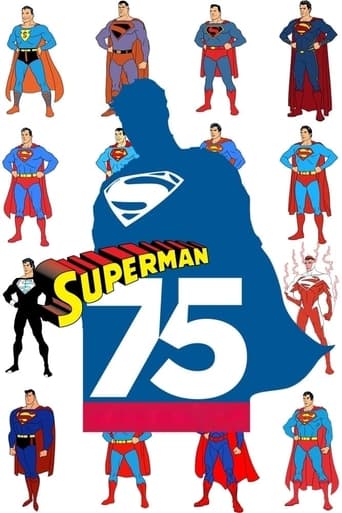No End in Sight (2007)
Chronological look at the fiasco in Iraq, especially decisions made in the spring of 2003 - and the backgrounds of those making decisions - immediately following the overthrow of Saddam: no occupation plan, an inadequate team to run the country, insufficient troops to keep order, and three edicts from the White House announced by Bremmer when he took over.
Watch Trailer
Free Trial Channels
Cast


Similar titles
Reviews
An action-packed slog
While it doesn't offer any answers, it both thrills and makes you think.
One of the best movies of the year! Incredible from the beginning to the end.
The movie really just wants to entertain people.
I've been watching several highly regarded documentaries lately and so far I think this is the best. There is no manipulation, just straight presentation of facts and points of view in a logical order. It doesn't try to control what you think or believe, it lets reason do that for you. The music is minimal and the footage is directly relevant.I think you could use this as a sample for testing whether someone is telling the truth or lying. Or at least whether they're comfortable with what they're being asked. Because the ones telling the truth look you right in the eye and say what they mean. They rest their stare on you. They might nod. They let a silence remain afterwards. But when someone is lying or trying to avoid a question, they fidget, they squirm. They avert their eyes, their words become vague. You can viscerally see how nervous they are - they swallow, they show small tics, they sweat.We get many points of view from different sides and positions. Of course, the most powerful players were not interested in being interviewed for the film. Some of the soldiers are still suffering but it's not melodramatic.On to the actual subject matter. I didn't know much about the Iraq war and when I recently asked my parents, they recited what originally came to my mind: oil, WMDs, unproven links with Al-Qaeda. Now I feel I have a reasonably good overall picture of what happened. The invasion went fairly well. But the occupation was terribly under-planned. And some awful and dangerous decisions were made. Inexperienced people were given important jobs. Too few interpreters were involved. There was a general ignorance of the culture of Iraq and its relevance to the occupation.Several times, the interviewees explain how they noticed a problem and tried to do something about. Tried to inform the people in charge, warn them. But they wouldn't listen. That seems to be the pattern. The occupation wasn't given proper attention and funding. They cut corners wherever they could. The politicians were better at smiling and looking good than getting things done. And the problems were swept under a rug. Now that the dust has settled, it is brutally clear how simple a lot of the problems were and how easily they could have been avoided.This movie is highly disturbing but not for violence so much as how lazy and indifferent the American administration was. They were happy to start a war but not to follow through in the proper, necessary way. Of course Iraqis started to hate America. They got rid of Saddam Hussein and then let chaos reign. They watched as rebels armed themselves, looting ruined cities and museums and people started killing each-other.It's sickening when you see Rumsfeld and Bush brushing questions off as if there were just minor problems with the war. This is one case where the juxtaposition seems completely in context. The mixture of confused disgust and horror you will inevitably feel by the end of this documentary is captured perfectly in the faces of the interviewees.
I have a lot of opinions on this work, so I will start out with SPOILERS WITHIN. Hard to have a spoiler when most of what this documentary is just a retread of things anyone who's literate has read before. Having been made in 2007, in 2010, the end is clearly in sight, so it lacks critical information.There's a saying about World War I and World War II, "Same war, different chapters." (Churchill?) The First and Second Persian Gulf War, in my view, can be said of the same. This documentary doesn't really address that, which is okay, but it pretends to.In the very first part of the movie it gives a "history" of the Iraq Conflict. It starts with Hussein as a dictator attacking Iran. Which is fine, but woefully insufficient. If they wanted to have a serious history, they should have at least gone back to the end of the First World War, when the dismantling of the Ottoman Empire, who controlled the territory that is now Iraq, had lost and the Allies, notably the British, tried to figure out what to do with it.What ultimately happened was the creation of a makeshift nation, somehow named Iraq, with all kinds of disparate religious, ethnic, tribal, clan allegiances all at odds with each other in the same country. And that a minority religious group (the Islamic Sunnis) dominated everyone else (hinted at but not really explored).This mess of a country was held together by Hussein, ultimately, as a brutal dictator -- which is sort of addressed, but the makers of the documentary are much more interested in attacking the Bush Administration and its interest in getting rid of him and his genocidal tendencies. And it somehow make mention that the U.S. gave Hussein economic support in his war against Iran, which is hardly supported since he was getting tons of money and loans from the Kuwaitis and Saudis to buy weapons from the Soviets and the French. And also ignores the basic view of he U.S. government explicitly stated by Henry Kissinger (in private sector at the time) "It's too bad they can't both lose." Certainly the one thing the documentary gets right, I think many people agree, is the lack of planning for a post-Second Persian Gulf War. And an enormous repercussion from that lack of planning, and the decisions that followed.But then, it ridicules President Bush for avoiding military service in Vietnam by joining the National Guard (ironically a significant presence in the wars in both Iraq and Afghanistan). Of course they fail to mention that Woodrow Wilson (WWI) and FDR (WWII) had never served in the military, and hardly in combat, and Abraham Lincoln (Civil War) had only had a cursory service in a skirmish against some Indians. All three wartime presidents.Perhaps the most trenchant and important part of the movie is the identification of three mistakes that were made by the post-war controller of Iraq -- Paul Bremer. Stopping an interim Iraqi government, de-baathification, and disbanding the security forces of Iraq (the last being the most egregious). A similarly accurate observation is the lack of post-war American forces ability to control all the munitions that were all around Iraq -- again, I think something that is commonly agreed on.Then again there are some blatant falsehoods, or perhaps inexcusable ignorance. One that is very clear: "Only one in eight Humvees in Iraq had adequate armor." Humvees were never supposed to be armored vehicles. Anyone who know anything about the U.S. military knows that the Humvee was a replacement for the Jeep. Only some of them were equipped with armor from the beginning. Humvees were just a vehicle to move around in, not to fight in with armor. There is no question that shortsightedness led to casualties because no one realized that the humvees would be vulnerable to insurgent attack. MRAPs, the more blast resistant vehicles were far too late in coming.These are just some basic observations about the documentary -- it highlights the transgressions, such as they might have been, by the U.S. military, but it fundamentally avoids, or omits the question: What was life like before Hussein being deposed, or life afterward? It mentions nothing of the repression on a day to day basis before Americans came. It mentions nothing of the opening of the society -- internet, freedoms, day to day ability to move around, or even avoiding the sociopaths that were Hussein's sons.And even more so, when the American run prison was to be turned over to the the Iraqis, the prisoners therein implored the Americans to take them with them. There were communications to people that if soldiers came to their door, before answering, make sure there was an American soldier with them to be careful.And even now, as Americans are leaving the country, now Iraqis are lamenting the exit.I think someone should ask -- whether it was worth it or not, that's a very good question -- but in 2010, do Iraqis or Americans, or anyone else, really want a vicious dictator like Hussein back again? This documentary seems to leave that question open.
This is an important documentary, that deserves a wide spread viewing by all Americans. It is an informative history lesson of the POST WAR missteps that sadly have our soldiers AND the IRAQI nation leading a frightening existence. The interviews with Iraqi citizens, their heartfelt loss of country pride and loss of any liveable civilization were heartbreaking to me.The director's take here is as on balance as it can get, knowing where we now stand. History is on his side. He has assembled the "usual suspects" of culpable parties - Rumsfeld, Cheney, the always distant George Bush and their dispatched diplomats. He chronicles the mind bogging, bad decisions, decisions made by woefully under qualified participants. The interviews of replaced diplomats are naturally the most damning, but do not seem like their agenda are misguided. The "Usual Suspects", as expected, refused to be interviewed.Many reviews here, and by major critics, depict those decisions and their devastating consequences. I will not rehash them here, and hope you watch this powerful movie.But, I have one nagging question. The "ousted" participants interviewed here seem to have had a good grasp on what needed to be done. Working against all odds (looted buildings, collapsed intrastucture, poor planning prior to their arrival) they speak about their slow but sure steps to reconstruction. Rumsford, Cheney et al picked them and put them in place!! What happened to shift them out of the picture so quickly?? Why did the administration feel the need to remove Jay Gardner (retired General with experience and in place) with an elitist, ex-CEO, armed with 2 devastatingly bad edicts??? I would have liked a bit more back story on how the change from humanitarian organization to the CPA came to be. With 200 hours of footage (I read somewhere), maybe that info can be addressed!?All in all, a must see. It is also a very valuable reminder that we have to pick our future leaders much better than this self serving mess of an administration!
When added all up, the terrorist attacks of 9/11 and our current war in Iraq have likely inspired the greatest upsurge in film documentaries that has ever been seen in Hollywood. Whether they've been direct broadsides against Bush (FAHRENHEIT 9/11), the cynical manipulation of, and by, the media (any of Robert Greenwald's offerings), or entertainers slammed for speaking out against the war (SHUT UP AND SING), there have been some really thought-provoking and insightful films of this sort.Into this fray comes another great film of this kind, NO END IN SIGHT, a very sober and penetrating look by writer/producer/director Charles Ferguson as to how our Iraqi incursion, which was built by Bush and his supporters as a cakewalk, instead went south within a month of the invasion's commencement. Featuring interviews by many players who worked on the inside, including Richard Armitage, former deputy Secretary of State, this film shows the fundamental and obvious errors in judgment made by people in high places to not protect the most vital parts of Iraq as we were freeing it from the grasp of Saddam Hussein's thirty-five years of dictatorial rule. We're shown how Iraq's important museums, which once housed a great deal of the history of the birth of civilization, were either destroyed by American bombing or simply looted in the chaos that ensued. Just as embarrassing to watch is how large dumps of ammunition were left unguarded by our soldiers on the order of politicians and know-it-alls thousands of miles away from it all in Washington and allowed to be raided by all manner of insurgents, both foreign and Iraqi.Perhaps the least surprising thing about NO END IN SIGHT is the footage of Bush, Cheney, Rumsfeld, Condoleeza Rice, and others showing both their arrogance and incompetence for Americans and the rest of the world to see written in boldtype all over their faces. But it's there to make the strongest point of the film: they thought they knew everything, and it turns out they knew nothing--or, worse, they didn't CARE that they knew nothing.Campbell Scott's sober narration, plus numerous interviews with soldiers who have been and in many cases continued serving in Iraq, sometimes for as many as six tours of duty, all add up to a particularly unsettling viewing experience. But this is an essential film, an absolutely important film for anyone with an interest in seeing this war come to some kind of resolution to understand the dozens upon dozens of mistakes which our government, in our name, has wrought in Iraq.

